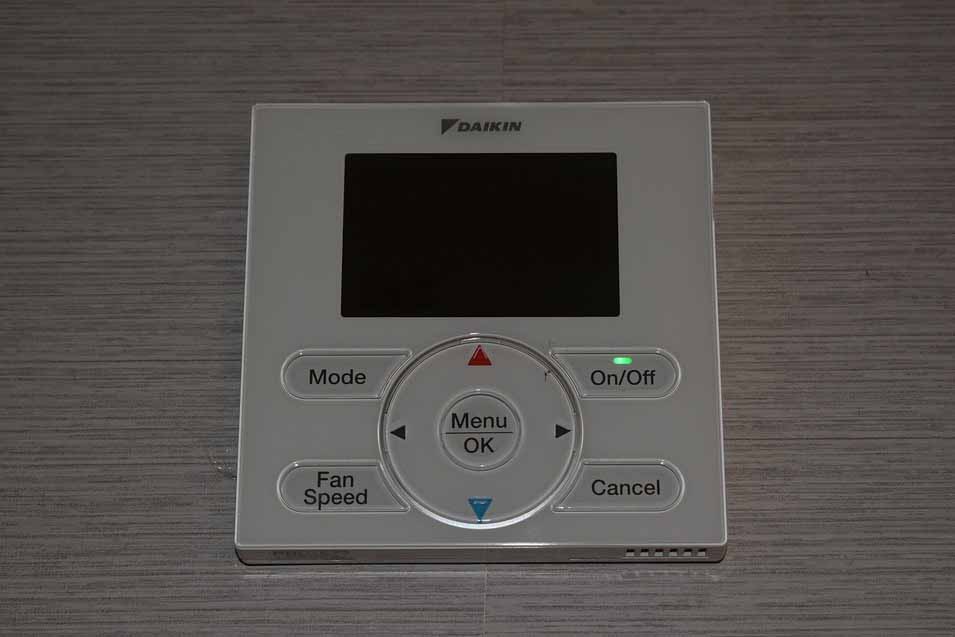
Heating your home, especially during winter, can be costly. High heating bills may result from damaged or weak insulation, ductwork leaks, inefficient furnace, thermostat issues, HVAC wear and tear, dirty air filters, and frequent use of a washing machine and dryer. Your lifestyle, the kind of appliances you use, and increased electricity rates may also increase your heating bill.
While heating your home isn’t cheap, you can find ways to avoid heat loss, improve your home’s heating system, and establish energy-saving habits. Common heat loss areas in a home are windows, doors, roofs, fireplaces, walls, and power outlets. Here are tips for lowering your heating bill.
1. Service or repair your heating system
A faulty or neglected heating system works hard to keep your home warm, increasing the bills. Regular servicing of your heating system ensures efficient functioning, resulting in reduced heating bills and reduced heating fuel usage. You may also sign up for your heating system’s service agreements to ensure timely servicing and continued efficiency.
Consider having your faulty heating system repaired by certified experts such as www.actionac.net. Regular heating system inspections allow you to catch any minor issues and fix them before causing severe damage.
2. Install a smart thermostat
A smart thermostat learns your behavior and preferences then starts adjusting your home’s temperature based on them. It increases and reduces the system’s temperature according to your needs. This means even when you forget to regulate the heating system, the smart thermostat does it for you, eliminating unnecessary energy waste.
3. Increase insulation
With insulation, your primary concern is to ensure that cold air doesn’t enter your home and warm air doesn’t escape. Consider applying weather stripping on doors and invest in double-paned windows for increased insulation. To prevent heat loss through walls and the roof, insulate the attic and walls for reduced heating bills. You may insulate your hot water pipes to avoid losing heat immediately after leaving the water heater. You can try winterization as an effective heat-saving method for lower heating bills during winter.
4. Seal cracks and gaps
Small cracks around doors, hose bibs, and windows allow cold air to infiltrate your home, making your efforts to warm your home more expensive. Consider using foam or caulk to seal your home to prevent the escape of heat from your house. This helps keep your home warm while lowering your utility bills.
5. Change your filters
If your heating system isn’t functioning optimally, there’s a likelihood that a filter in the furnace has trapped pet air, dust, and other particles. Regularly change the filters to ensure they work efficiently. If you have pets or your system is more prone to dust, consider changing your filters more often for optimal functionality.
6. Get an energy audit
Getting an energy audit for your home reveals the areas losing more heat and what you can do to fix them. You may find it essential to hire a professional audit service since they have the tools and equipment necessary to point out specific concern areas within your home. They may also help you enforce the suggested energy-saving measures soon after the audit.
Endnote
Heating bills make a considerable contribution to your home’s utility bills. Use the above tips to lower your heating bill.





